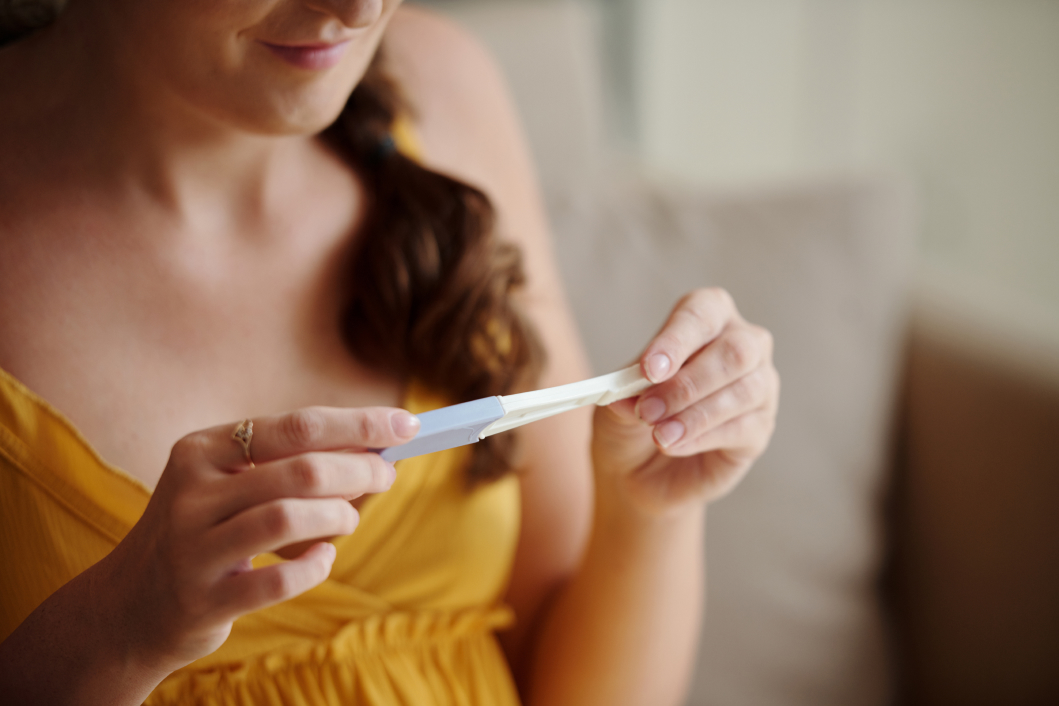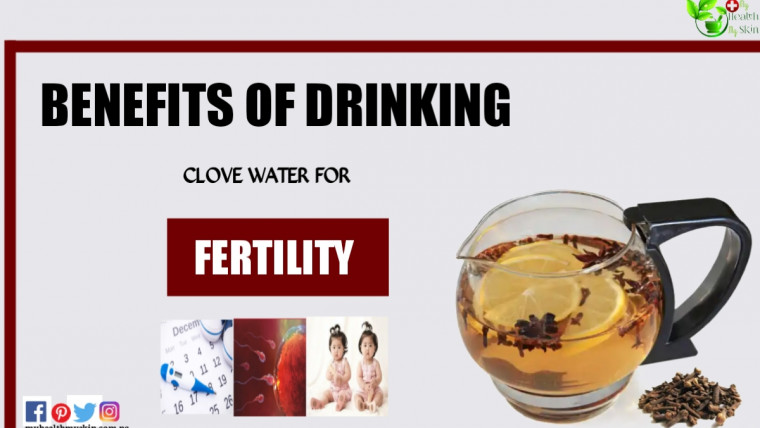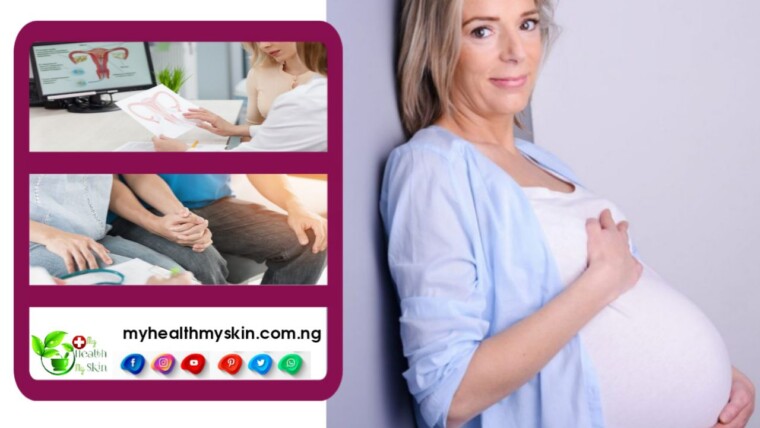When a couple starts trying to get pregnant, they usually look for information and tips on how to enhance fertility and, thus, reach their long-awaited plan of having children faster and healthier.
However, it is necessary to keep in mind that, if there really is a condition of marital infertility, whether it is made up of female infertility, male infertility or both, the only solution is to seek medical attention and carry out tests to diagnose the causes of difficulty in getting pregnant.
The World Health Organization (WHO) defines infertility as the non-occurrence of pregnancy even after a year of trying, in a sexually active couple of reproductive age. Cases in which fertilization occurs, but the pregnancy does not reach term are also included in this definition.
How to Increase Your Chances of Getting Pregnant

Do you want to know some of our tips to enhance fertility and thus improve your chances of getting pregnant naturally? So keep reading the text below!
Know the fertile period
One of the main tips for increasing your chances of getting pregnant is knowing what are the most favorable times to have sexual relations that could lead to pregnancy.
The fertile period, the time when a woman has the greatest chance of getting pregnant, is calculated based on a normal average cycle of 28 days, in which ovulation occurs approximately on the 14th day after the arrival of menstrual blood.
During ovulation, the dominant follicle ruptures and releases an egg into the uterine tubes, where it remains available for fertilization for about 36 hours.
Taking into account that the average survival time of sperm inside the female body is around 72 hours, even if sexual intercourse takes place a few days before ovulation, there is already a chance of getting pregnant.
Therefore, the fertile period must include the 4 days before ovulation and one day after it, since the egg can survive for up to 24 hours, totaling around 6 days, the most suitable for getting pregnant in the entire reproductive cycle!
Increase the frequency of sexual intercourse
This may seem like an almost obvious tip, but what hides behind it is deeper than it seems. It is clear that by increasing the frequency – and consequently the quantity – of sexual intercourse, the chances of getting pregnant increase, but mainly because the duration of the female reproductive cycle varies for each woman.
Although the reproductive cycle has an average duration of 28 days, only between 10% and 15% of women do the reproductive function behave in precisely this way. In most women, cycles normally vary between 25 and 36 days, and, in up to 20% of cases, women experience irregular cycles, without any illness justifying this fluctuation.
This means that calculating the fertile period can be more complex and even vary from one reproductive cycle to another. Therefore, increasing the frequency of sexual intercourse can increase the chances of getting pregnant, even for couples in which the woman has irregular menstrual cycles!
Maintain good daily health habits
A healthy routine, with adequate nutrition, sufficient hours of sleep, moderate physical activity and care for emotional and psychological well-being, are habits that benefit everyone, but especially those who are trying to get pregnant.
The reproductive function of men and women is coordinated by specific hormonal dynamics, whose main agents – gonadotropins, estrogens, testosterone and progesterone – are also involved in other metabolic processes.
Melatonin, known as the sleep hormone, is produced by the pineal gland in the absence of light and regulates not only the circadian cycle, but also regulates the secretion of gonadotropins, in addition to acting as a protective factor for ovarian follicles, due to its antioxidant action.
On the other hand, testosterone interacts not only with receptors found in the sexual organs of men and women, but also in the skin and adipose tissue. Obesity and a sedentary lifestyle are risk factors for testosterone imbalance, which in women can even interrupt ovulation, causing infertility.
Therefore, maintaining a balanced routine favors the body’s general homeostasis, maintaining the balance of metabolic processes and, consequently, also human fertility.
Reduce your alcohol consumption!
Alcohol, in turn, if consumed in moderation and infrequently can be harmless, but excessive consumption of this substance also affects fertility, especially increasing the fragmentation rate of sperm DNA and interfering with testosterone production.
In men, it is common for chronic alcohol consumption to decrease sperm motility and concentration, in addition to damaging Leydig cells, which act in the production of testosterone.
In women, it causes a decrease in the number of androgen receptors, and a decrease in testosterone can also lead to a decrease in estrogen, causing problems with endometrial receptivity and even inhibiting ovulation.
Quit smoking!
Today, tobacco is considered one of the most consumed legal drugs in the world, and one of those that causes the most dependence and damage to human life, especially to fertility, mainly by promoting an increase in free radicals and cellular deterioration.
According to study, smoking reduces the genetic quality of sperm and eggs, increasing the chances that the embryo will develop health problems, such as reduced growth and development, genetic problems and respiratory diseases.
In addition to promoting placental abruption and vascular problems during pregnancy, smoking also affects the conduction of the embryo to the uterus, through the tubes, and causes a significant reduction in the quantity and concentration of sperm.
I still find it difficult to get pregnant, what now?
If infertility is persistent even after the couple makes the changes mentioned above, or in cases where there is a diagnosis justifying the problem, but treatments have not been able to reverse the condition, assisted reproduction can help.
The currently available techniques – RSP (programmed sexual intercourse), AI (artificial insemination) and IVF ( in vitro fertilization ) – may be indicated, depending on the causes of infertility and considering the specificities of each case.
While RSP and AI are low complexity techniques, in which fertilization takes place in the fallopian tubes, IVF is considered the most complex and comprehensive procedure.
You may also be interested in:
How To Boost Fertility In Your 30s
Effective Treatment Package For Infertility In Men And Women With No Side Effects & 100% Organic
10 Signs Show It’s Time to Get Pregnant!
The main advantages of IVF are that it allows fertilization in a controlled environment, the selection of gametes and embryos and the transfer of embryos only when the endometrium is adequately prepared.
Learn more about female infertility by tapping this link.








